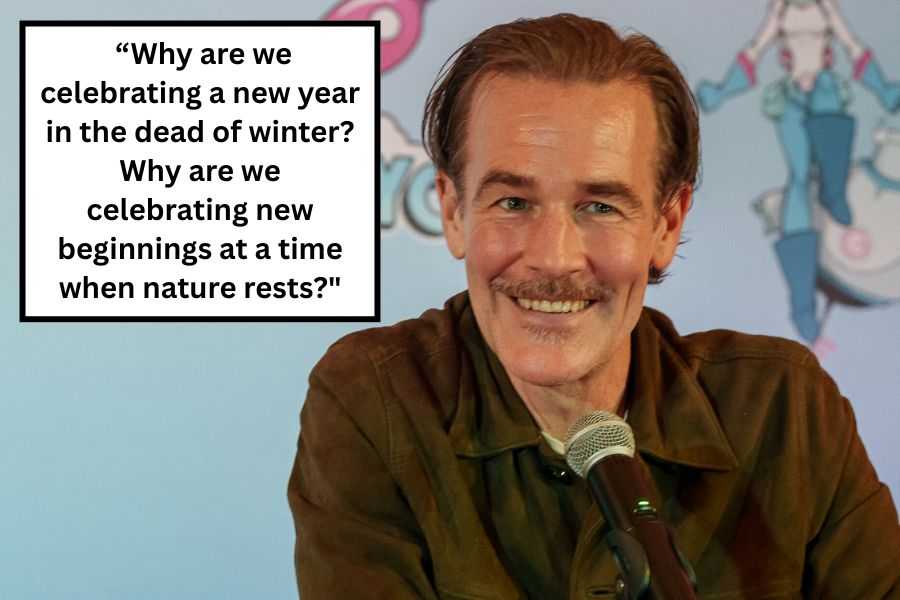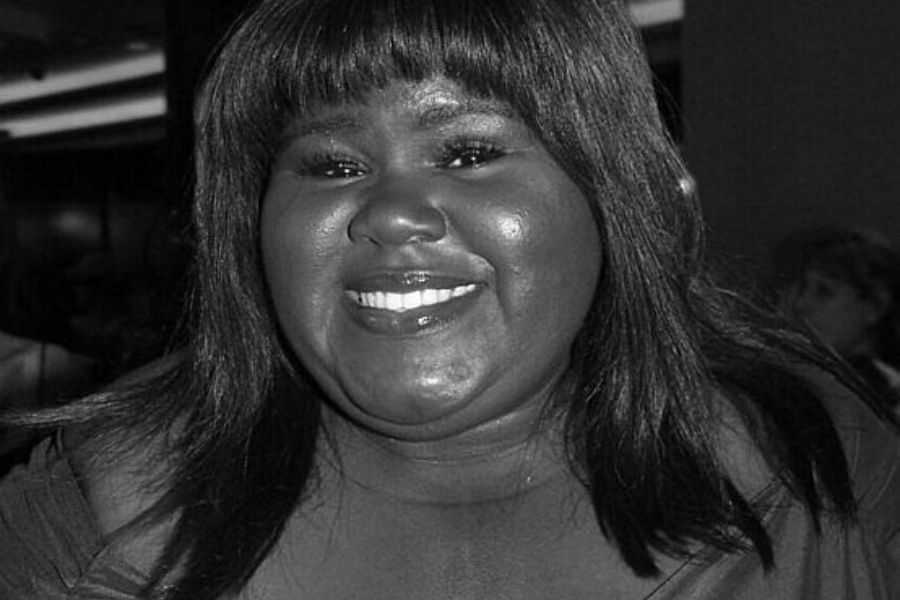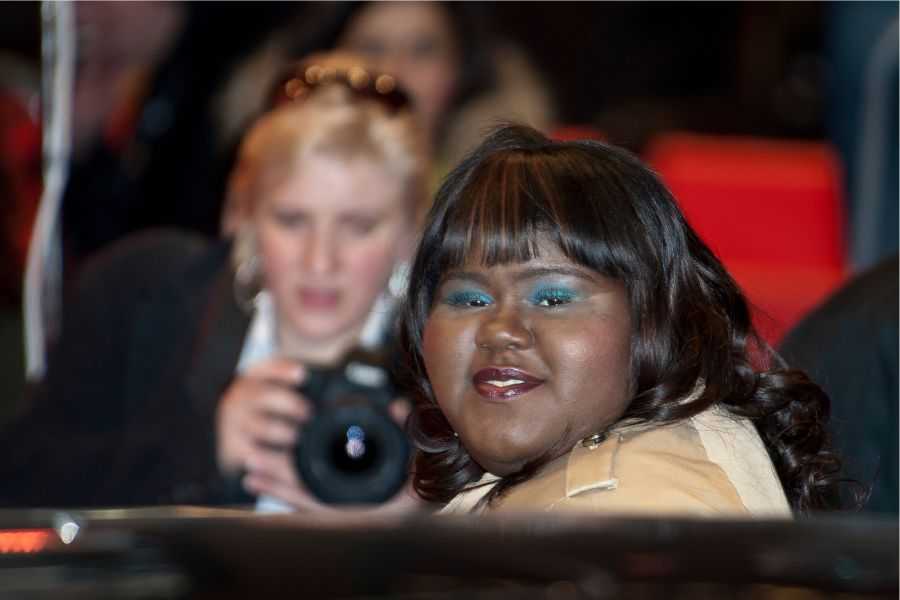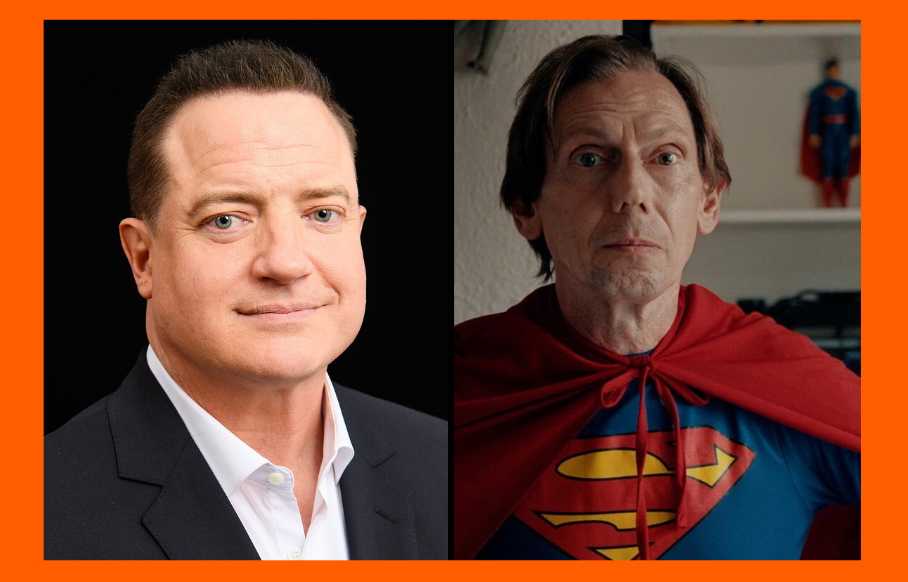We very rarely get to see into an artist’s process. It often feels like great works—be it in music, paintings, or performances—sort of appear out of nowhere. Perfect and fully formed. But in reality, these works are the result of a thousand small decisions, days of preparation, and more often than not, an abundance of failed experiments.
So when we do get to peel back the curtain to see what might have inspired these works that take on a life of their own, that in itself has profound power, since it reminds us that creating something is just as much about commitment as it is about talent.
That is partially why people continue to have such a visceral reaction to seeing excerpts from the late, great Heath Ledger’s diary while preparing for his iconic role of The Joker in Christopher Nolan’s The Dark Knight.
In the video, Ledger’s father, Kim Ledger explains how his son “locked himself in a hotel room for weeks,” preparing for filming. The pages of the journal reveals how the actor was inspired by old school Batman comic book clippings, images of jesters and clowns, and interestingly enough, the character Alex in A Clockwork Orange.

There’s even an image of a hyena, which seems like a clear reference for his Joker’s signature cackle.
There is, of course, quite a bit of dark, disturbing things scribblings in there, like listing “blind babies” and “AIDS” under “things that make me laugh,” all of which leaves clue as to how Ledger was able to authentically drop into a chaotic and twisted mind.

The diary first appears in the 2012 documentary series Too Young to Die, which not only follows Ledger’s untimely death, along with other greats like Phillip Seymour Hoffman and Kurt Cobain. But clips of it have recently been resurfacing online, and with it a renewed appreciation for how devoted Ledger was to his craft.
“Remarkable lengths he went to to get his character performance just right and take it to the next level.
“His portrayal of the Joker was disturbing and brilliant. One of the best performances of all time. Truly legendary. The diary is unsettling, as is the role of the joker. The mind space he might have been in to play such a dark character is hard to think about. The award he received for his performance was well deserved. Such a talented actor, gone too soon.”
“He disappeared so well into the character. It’s a shame it took such a large toll on his mental health. Hope he knows he’s still loved and admired. RIP Heath.”
Ledger passed away on January 22, 2008, before The Dark Knight was released, due to an accidental overdose of prescription medications. It was a death that shocked fans (keep in mind he was practically the first Hollywood star to pass away publicly in the internet age) and there were many speculations that embodying Joker in such an intense way helped create his tragic ending. While that theory could seem possible, given some of the details in Ledger’s diary, his family has since rebuked any indications that his mental health was negatively impacted by it.
Plus, this kind of work is very normal for actors, especially when trying to find their way through some pretty dark psyches. For example, Rosamund Pike previously shared how she sliced open a pig at a butcher shop for her role in Gone Girl. If you’ve seen it, you know which scene we’re referring to.
One of the saddest things to come of Ledger’s passing is that he wouldn’t get to witness the incredible appreciation that would come for his hard work. Not only did it earn him a posthumous Academy Award for Best Supporting Actor, but it would become a role that people continue to be inspired by, even now. When an artist truly pours themselves into their art, as he clearly did, it changes the world.
























